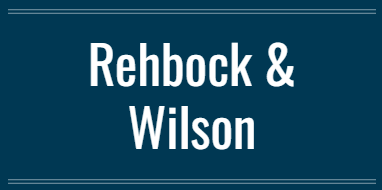Some of the most dangerous industries in the country have a strong presence here in Alaska. Professional fishing, lumber harvesting and transportation are among the industries with the highest rates of worker fatalities and injuries.
Of course, people working in Alaskan hospitals, fast food restaurants and accountants’ offices can also get hurt at work. Injuries can occur because of office equipment shorting out or a co-worker having a violent episode on the job. People can fall, cut themselves while using tools or get into job-related car crashes. Any of these issues can leave someone with major medical needs and no income.
Those hurt while working or diagnosed with a medical condition related to their job functions can ask for workers’ compensation benefits. How much will workers’ compensation cover if you can’t work?
Workers can receive several kinds of benefits
Every employer in Alaska typically carries workers’ compensation insurance to protect them from liability. You can make a claim against that insurance coverage if you slip and fall at work or your doctor diagnoses you with carpal tunnel syndrome. Workers’ compensation will pay for all of your necessary medical treatment. It will also provide you with indemnity or disability benefits.
Workers can receive short-term disability benefits until they recover enough to go back to work and also permanent disability benefits if their condition has a lasting impact on their health. There are both partial and total disability benefits available. Unfortunately, disability pay will not cover the full amount of your usual paycheck.
How much does workers’ compensation actually pay?
In theory, the most a worker can receive is two-thirds of their average weekly wage. Currently, the highest possible weekly benefit under workers’ compensation in Alaska is $1,398. If you typically make more than $2,097 per week, then your benefits will inevitably be less than two-thirds of your average weekly wage.
Unfortunately, the more you earn, the bigger the gap between what you usually receive and wages and what workers’ compensation will pay. Still, getting those benefits is better than going without any income until you recover. Learning more about the Alaska workers’ compensation program can help you get the benefits you need to recover and support yourself.




